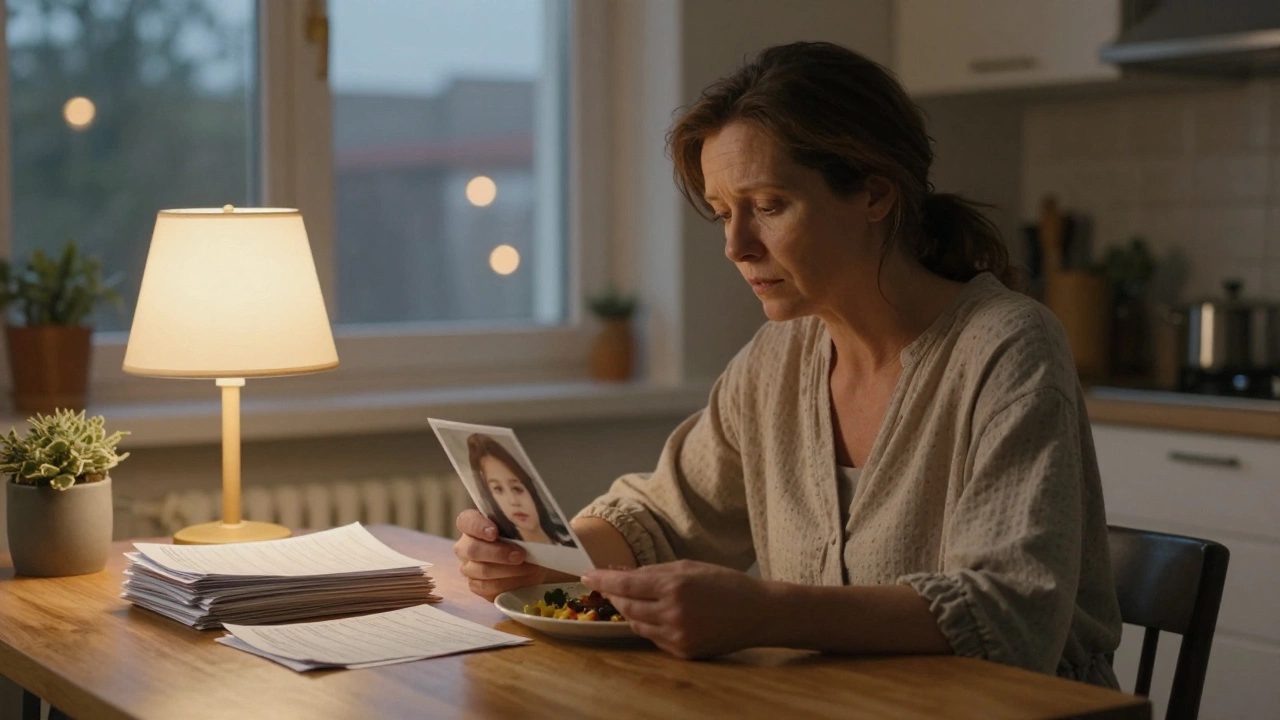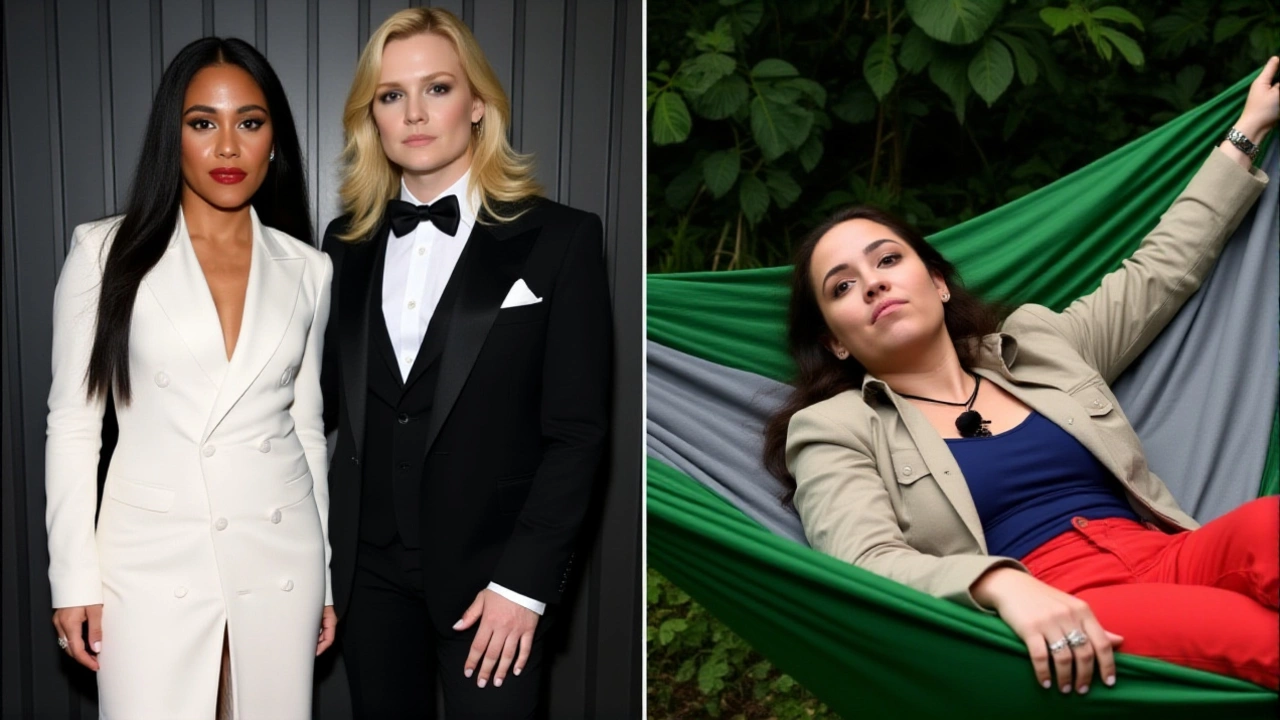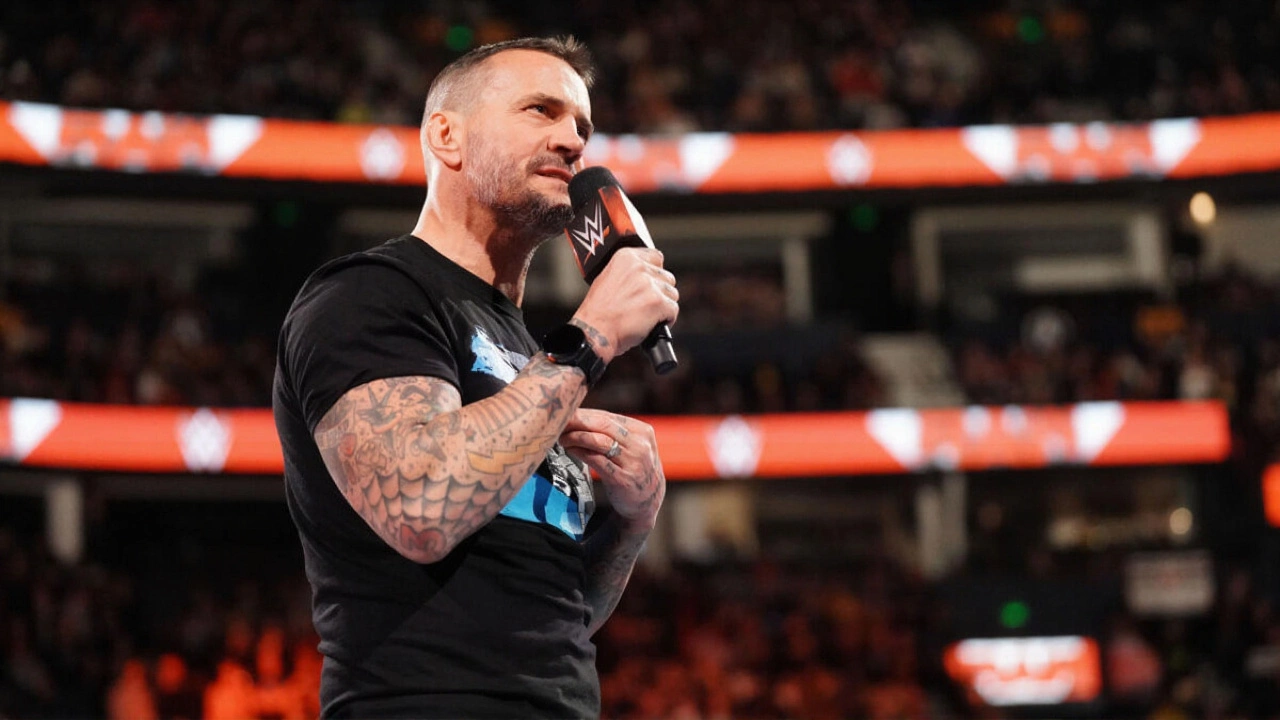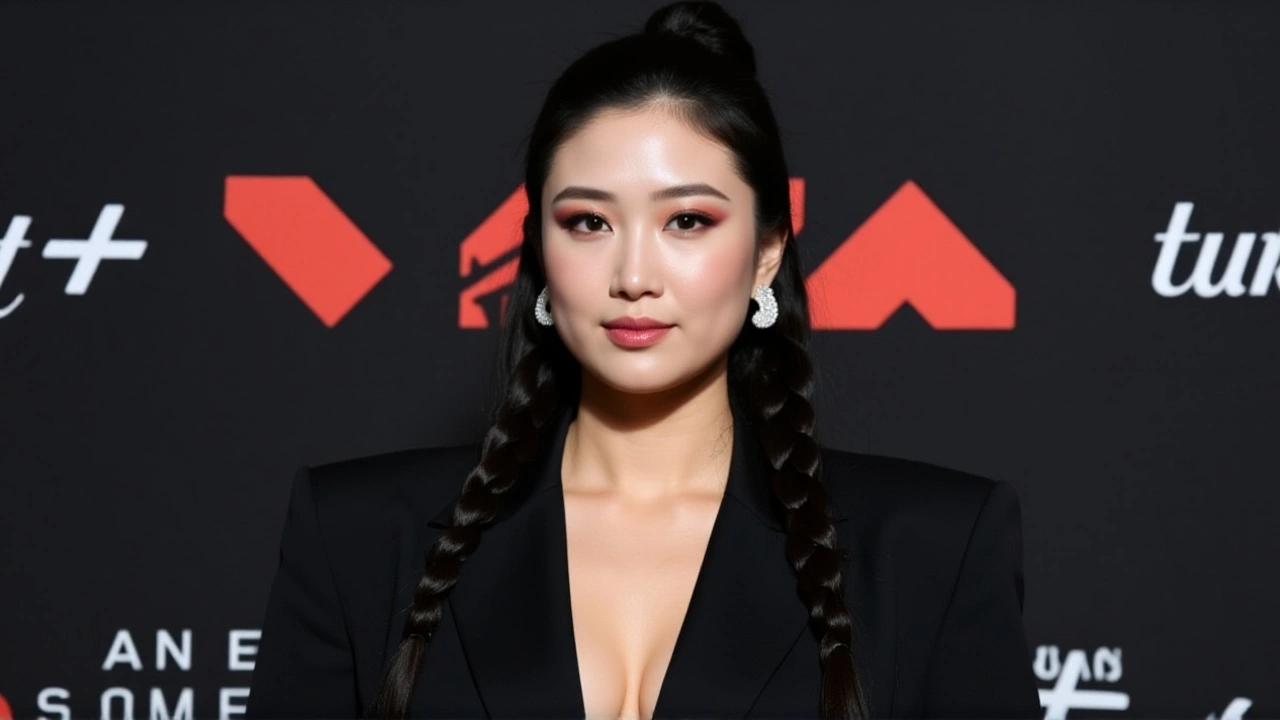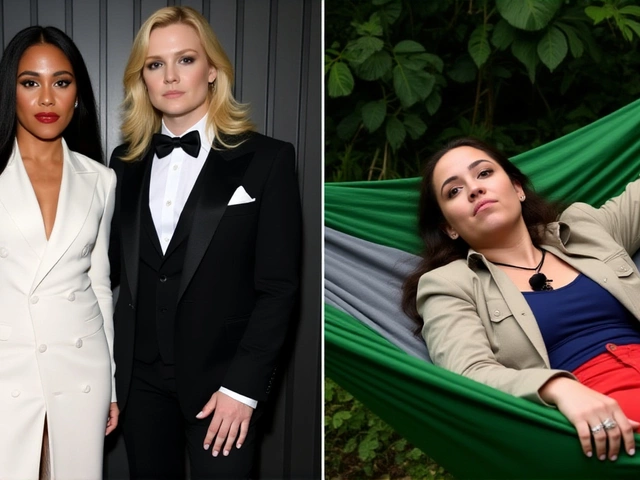Entertainment Hub: Music, Movies, K‑Pop & Pop Culture
When you dive into Entertainment, the mix of music, movies, TV shows and pop moments that capture public attention. Also known as pop culture, it serves as the playground where trends are born and fans connect. One of the hottest forces right now is K-Pop, South Korean pop music that blends catchy beats, slick visuals and global fan engagement, which has exploded beyond Asia thanks to viral videos and worldwide tours. At the same time, Netflix, a streaming platform that delivers original series, movies and music‑driven content worldwide is cranking out shows that showcase this music, turning niche sounds into mainstream hits. And don’t forget the Oscars, the Academy Awards that recognize outstanding achievements in film each year, which now often spotlight songs from K‑Pop‑infused soundtracks, showing how the worlds of film and music are tightly linked.
How Entertainment Shapes Everyday Talk
Every new chart‑topping single or binge‑worthy series adds another layer to the cultural conversation. Entertainment doesn’t just fill evenings; it drives fashion, slang, and even travel choices. A perfect example is the rise of Music Charts, rankings that track the most streamed, sold or played songs across regions. When a track spikes on these lists, advertisers rush to feature it, brands launch limited‑edition merch, and social platforms light up with memes. This ripple effect means that the next time you hear a catchy hook in a café, it probably rode the wave of a viral TikTok clip or a Netflix promotional push, tying back to the broader entertainment ecosystem.
What makes K‑Pop such a powerhouse is its ability to blend visual storytelling with music, a formula that streaming services love. Netflix’s recent releases have capitalized on this by packaging K‑Pop narratives into drama series, giving fans a binge‑ready mix of music and plot twists. Those shows not only boost the artists’ streaming numbers but also catch the eye of Oscar voters, who are increasingly open to diverse musical influences in film scores and original songs. This cross‑pollination means that a hit K‑Pop track might end up on a blockbuster soundtrack, earn a nomination, and then dominate the weekly music charts—all within a few months.
When a song climbs the music charts, it often signals a broader shift in listener tastes. Streaming data from platforms like Netflix shows that audiences now gravitate toward series that feature strong musical components, from K‑Pop dance numbers to original ballads. These soundtracks feed back into the chart ecosystem, creating a feedback loop where chart success fuels more high‑budget musical productions, which in turn generate fresh hits for the charts. The Oscars have taken notice, expanding categories to honor original songs from streaming‑original movies, further blurring the lines between traditional cinema and online entertainment.
Below you’ll find a curated list of the latest stories that illustrate these connections—K‑Pop breakthroughs, Netflix’s biggest music‑driven releases, Oscar buzz around new songwriters, and the weekly shifts in music charts. Whether you’re hunting for the next binge, tracking a rising star, or just want to see how entertainment trends are shaping pop culture, the posts ahead give you the insights you need to stay ahead of the curve.
8
Blonde Paris Escort Ladies Wants You: What Really Happens When You Seek Companionship Abroad
Blonde Paris escort ladies aren’t looking for love - they’re looking for respect. This is what really happens when you pay for companionship abroad, and why the real answer isn’t in Paris or London.
7
Russian Escorts - Tradition, Modernity, and the Quiet Confidence of Russian Women
Russian escorts blend deep-rooted tradition with modern independence, offering more than companionship - they offer authenticity, respect, and quiet strength in a world full of noise.
4
American Courtesans: The Real Stories Behind the Sex Work Documentary Sensation
A powerful new documentary reveals the real lives behind American sex work, challenging myths and sparking national conversations. Featuring raw, unfiltered stories from workers across the U.S., it connects their struggles to global realities-from Paris to Oklahoma.
21
Alex Scott Says She’s Waiting for Jess Glynne to Propose as Singer Jokes About Ring on Instagram
Alex Scott declared on I'm A Celebrity she's waiting for Jess Glynne to propose, and Glynne responded with 'I better go get a ring.' Their love story, rooted in privacy and healing, has captivated fans since 2023.
22
Seth Rollins' Injury Puts WWE World Title on the Line at Sacramento Raw
Seth Rollins' injury may force WWE to vacate the World Heavyweight Championship during the Sacramento Raw on Oct. 20, 2025, reshaping the title picture.
8
K-Pop Star Ejae's 'Golden' Tops Charts and Oscars Bid After Netflix Hit
Ejae's 'Golden' tops global charts after Netflix's K‑Pop Demon Hunters, sparking Oscar buzz and a solo debut, while reshaping K‑pop's worldwide influence.


